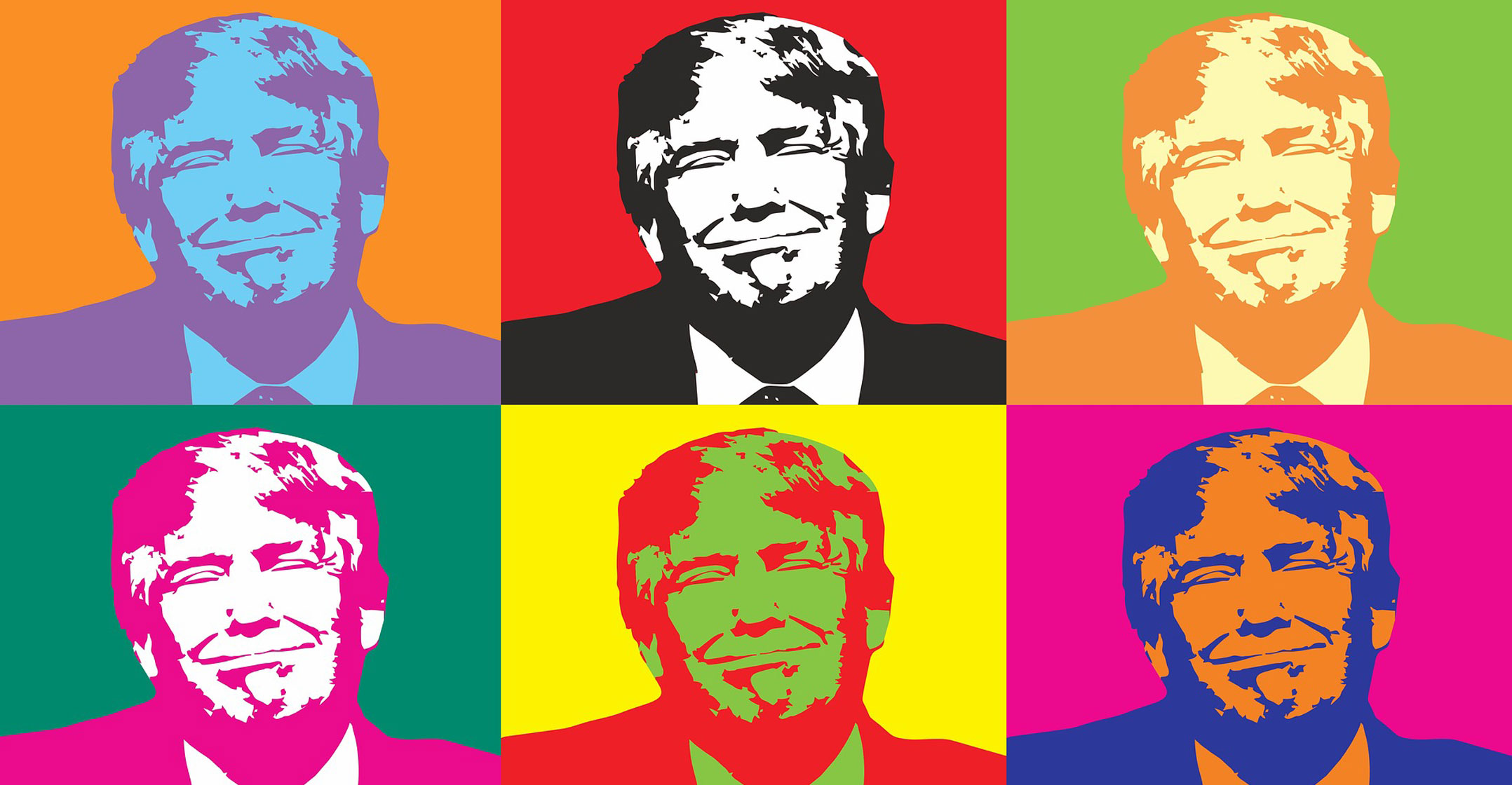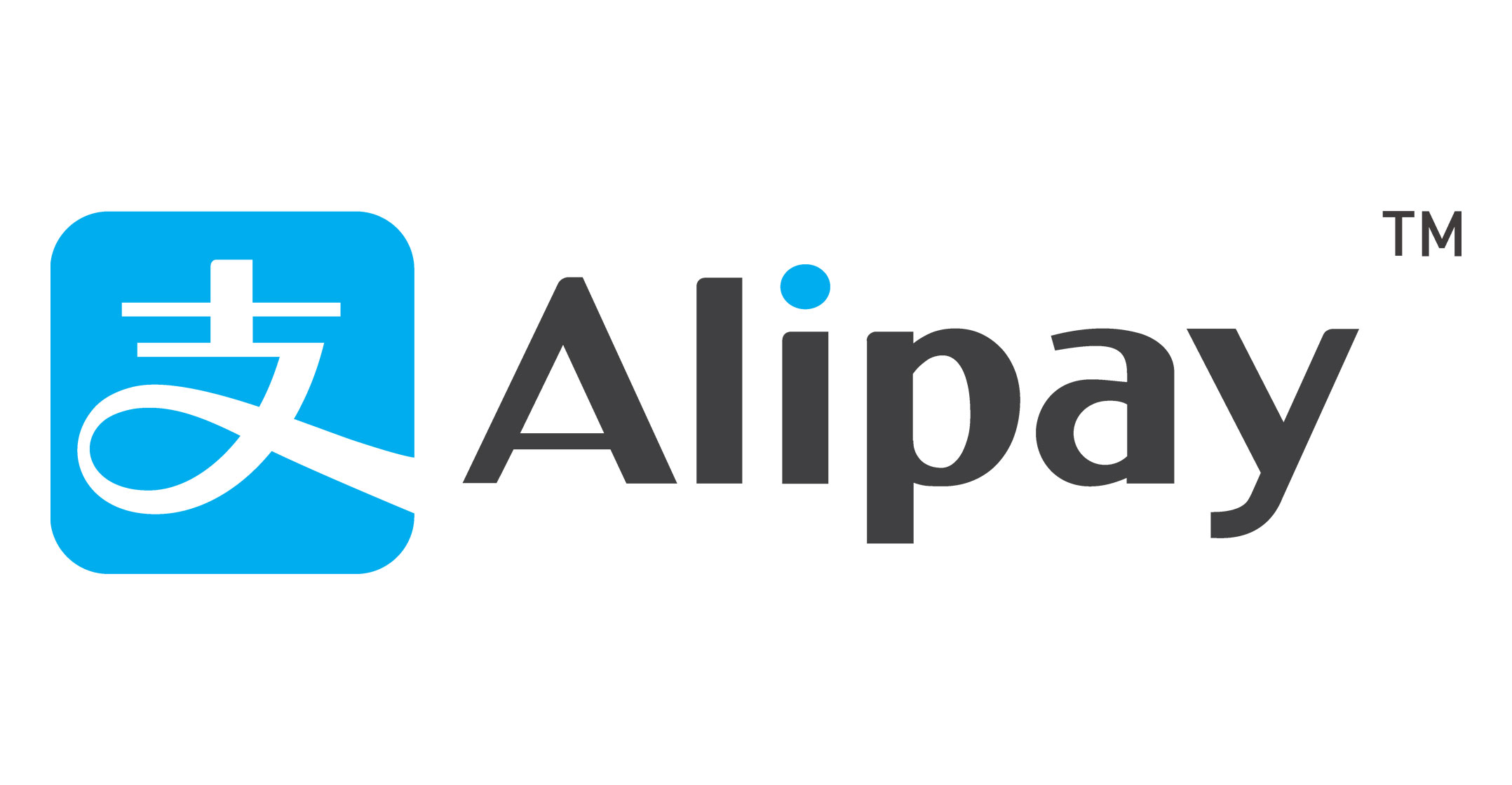
The US state department has submitted a proposal for the Trump administration to add China’s Ant Group to a trade blacklist, according to two people familiar with the matter, before the financial technology firm is slated to go public.
It was not immediately clear when the US government agencies that decide whether to add a company to the so-called Entity List would review the matter.
The move comes as China hardliners in the Trump administration are seeking to send a message to deter US investors from taking part in the initial public offering for Ant Group. The dual listing in Shanghai and Hong Kong could be worth up to a record US$35-billion.
The latest swipe at China also comes in the run-up to the 3 November election, in which President Donald Trump, trailing in the polls against his Democratic rival Joe Biden, has made a tough approach to China an important foreign policy platform.
While the Alipay payment app is currently unavailable for American users in the US, according to a spokesman for Ant, Trump administration officials fear the Chinese government could access sensitive banking data belonging to future US users.
Questionable
A powerful security panel known as the Committee on Foreign Investment in the United States (CFIUS) stopped its $1.2-billion bid to buy the money transfer company Moneygram in 2018 over national security risks.
The state department did not respond to a request for comment. Ant, an affiliate of e-commerce giant Alibaba Group, declined to comment but in a recent statement emphasised that only 5% of the company’s business is outside China.
The Entity List, which makes it more difficult for US firms to sell hi-tech items to blacklisted companies, has become the tool of choice for the Trump administration to punish Chinese companies, though its real-world impact is sometimes questionable.
 While curbing access to US technology deals a blow to companies like Chinese telecommunications giant Huawei Technologies, which was added in May 2019, its impact on a fintech giant like Ant Group is likely to be more symbolic and does not prevent US investors from taking stakes in the firm.
While curbing access to US technology deals a blow to companies like Chinese telecommunications giant Huawei Technologies, which was added in May 2019, its impact on a fintech giant like Ant Group is likely to be more symbolic and does not prevent US investors from taking stakes in the firm.
The administration has been largely loathe to use tougher tools against China, such as freezing assets in the US, which many attribute to treasury secretary Steven Mnuchin’s dovish stance on Beijing.
Ant is China’s dominant mobile payments company, offering loans, payments, insurance and asset management services via mobile apps. Based in the eastern Chinese city of Hangzhou, Ant is 33% owned by Alibaba Group and controlled by Alibaba founder Jack Ma.
Ant’s Alipay payment platform, like Tencent’s WeChat platform, is used primarily by Chinese citizens with accounts in renminbi. Most of its US interactions are with merchants accepting payment from Chinese travellers and businesses in the country. — Reported by Humeyra Pamuk, Alexandra Alper and Karen Freifeld, with additional reporting by David Shepardson and Mike Stone and writing by Alexandra Alper, (c) 2020 Reuters




